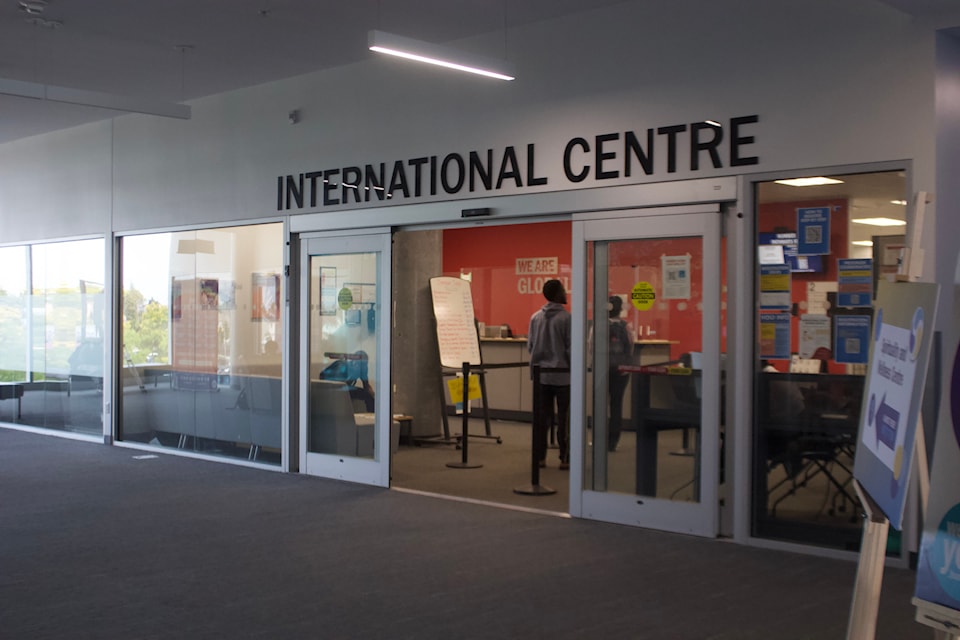Canada’s cap on international student admissions caused a sharp decline in enrolments for fall intake, impacting colleges and universities financially and culturally.
The Immigration, Refugee and Citizenship Canada (IRCC) changed the rules in mid-2023 applying strict limits on how many international students could attend Canadian schools.
That decision was meant to control the number of international students because of issues with resources, housing shortage, and stress on the schools.
Many colleges and universities have openly expressed their concerns after IRCC changed its policy.
The Canadian Bureau for International Education (CBIE) said there was a marked decline in the number of international students seeking admission to Canadian universities after the announcement.
The forecast could be as low as about 231,000 new study permits being issued in 2024, from 436,600 issued in 2023, a drop of 47 per cent.
In recent years, Ontario’s postsecondary institutions have witnessed a remarkable increase in international student tuition income.
By 2023-24, international students were major contributors to institutional finances, surpassing domestic students. Notably, Indian students alone paid more than $2.5 billion, exceeding the $2 billion from domestic tuition, as reliance on international tuition grew due to declining government funding and domestic revenue, according to a 2023 report by Higher Education Strategy Associates, a Toronto education think tank.
Numerous aspiring students encountered rejections or were met with deferred admissions, impacting their academic and career plans.
Larissa Bezo with CBIE said there could be significant reputational damage to the country’s education sector, and predicted there could be a recovery time of five to seven years due to enrolment cycles and lost trust.
This focus on capping the number of international students in certain programs has disrupted the well-established pipelines and partnerships between Canadian universities and institutions from abroad.
Countries like India and Nigeria, known for sending specific numbers of students to Canada, have experienced a sharp decline in permit approvals, 50 per cent and more than 70 per cent respectively. This shift is anticipated to impact Canada's long-term standing as a favored destination for education.
Colleges across Canada now expect a decline of 54 per cent in international student enrollments, further fuelling concerns of financial instability.
Aaron Rathbone, communications manager at Humber College, said the drop in international student enrollment will impact campuses, affecting both financial health and cultural life.
“International students contribute not only to the financial health of our institution but to the diversity and vibrancy of our campus community,” Rathbone said.
“This decline could have lasting consequences on how we foster an inclusive learning environment,” he said.
International students bring in not just financial support but cultural input, enhancing academic discussions and campus life.




